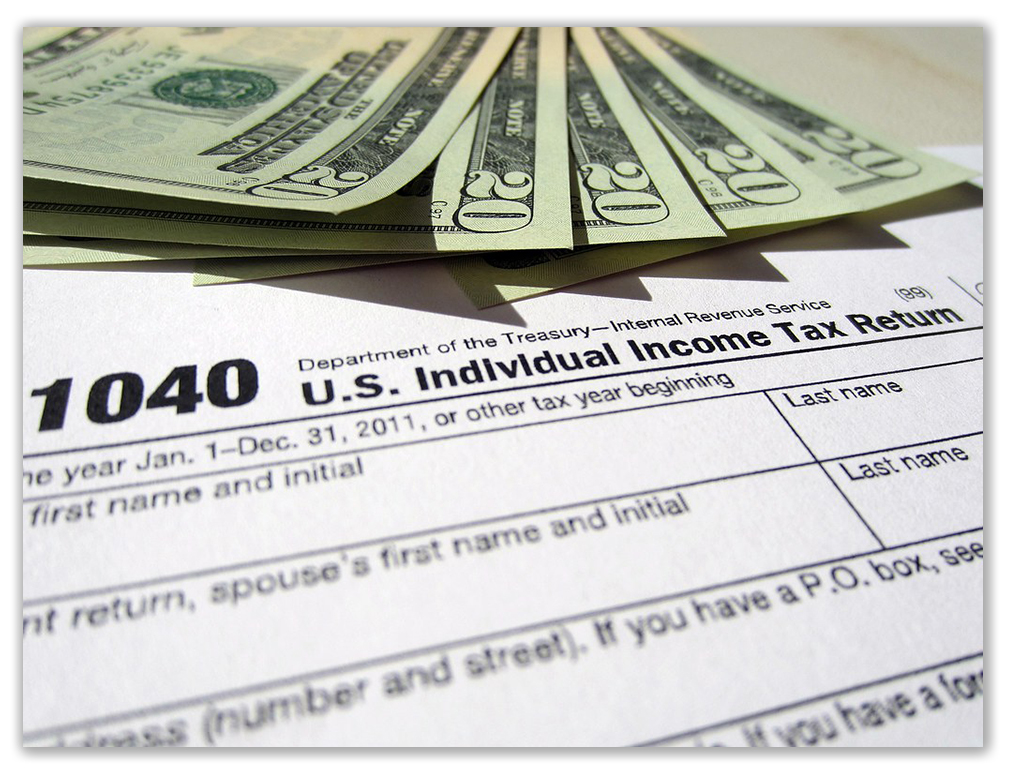We post news and comment on federal criminal justice issues, focused primarily on trial and post-conviction matters, legislative initiatives, and sentencing issues.

SLEEPER
The CARES Act passed last Friday included a $2 trillion stimulus package to provide financial relief to individuals, families and businesses. As with most hastily-passed laws, no one spent a lot of time giving careful thought to the fine print. But unlike most hastily-passed laws, this one does not clobber inmates (unlike, say, the good-time snafu in the First Step Act or the accidental “stacking” provisions of the old 18 USC § 924(c) gun statute). Instead, inmates stand to benefit.
 Unless you have been self-quarantining in a cave, you are aware by now that the government is sending payments of $1,200 to “eligible individuals,” defined by the CARES Act as any person other than a nonresident alien or a person who is a dependent of another taxpayer. That’s right – unlike other government benefits, this one does not exclude people in prison.
Unless you have been self-quarantining in a cave, you are aware by now that the government is sending payments of $1,200 to “eligible individuals,” defined by the CARES Act as any person other than a nonresident alien or a person who is a dependent of another taxpayer. That’s right – unlike other government benefits, this one does not exclude people in prison.
I’ll get this out of the way right up front: Congress has prohibited inmates from using Pell grants for college under 20 USC § 1070(a)(8), denied drug offenders access to certain benefits upon order of the court, and denied social security payments to people while in prison under 42 USC § 402(x). I have little doubt that Congress, had anyone thought about it, would have denied stimulus payments to prisoners.
But Congress did not.
Stimulus checks — up to $1,200 for individuals, $2,400 for joint taxpayers and an additional $500 for each qualifying child — will be based on information from your most recent tax filings, either 2019 or 2018 (if the taxpayer has not yet filed this season). If the taxpayer made under $75,000 last year, he or she gets the full $1,200.00.
If an inmate is married, he or she should be sure the couple files jointly, in order to get the extra $1,200 for the family. If the inmate’s spouse has already filed separately, he or she should file a 1040X to change things. Professional tax preparers or accountants can help with this procedure.
It does not matter that all the inmate made was inmate pay for sweeping the compound. Inmate pay is easily gross income under 26 USC § 61(a)(1). The inmate should file anyway, declaring all the money he or she was paid. Paper 1040 forms can be downloaded.
The stimulus check will be paid this year based on information from the most recent tax return and will be reconciled in tax year 2020 to ensure the taxpayer received the correct rebate amount.
 By law, anyone who made more than $1,100 in interest or dividend or over $12,200 in earned income must file a federal return, even prisoners. But filing tax returns even when the inmate does not make the minimum to is always a good idea, if for no other reason than to establish for the future what was earned for the year. Turns out that filing is an especially good idea right now.
By law, anyone who made more than $1,100 in interest or dividend or over $12,200 in earned income must file a federal return, even prisoners. But filing tax returns even when the inmate does not make the minimum to is always a good idea, if for no other reason than to establish for the future what was earned for the year. Turns out that filing is an especially good idea right now.
The inmate should be warned that inmate pay may be gross income, but it is not “earned income.” It cannot be used to claim an earned income tax credit (an area that is rife with fraud). And there is no place to “claim” the $1,200.00 stimulus payment. Just file the tax return (a good habit to get into), and let the government determine eligibility for the stimulus.
Sec. 2201, CARES Act, H.R. 748 (signed into law March 27, 2020)
Turbotax, What the Coronavirus Stimulus Package Means for You (Mar. 27)
Bloomberg, When and How Will I Get That $1,200 Stimulus Payment? (Mar. 26)
– Thomas L. Root

